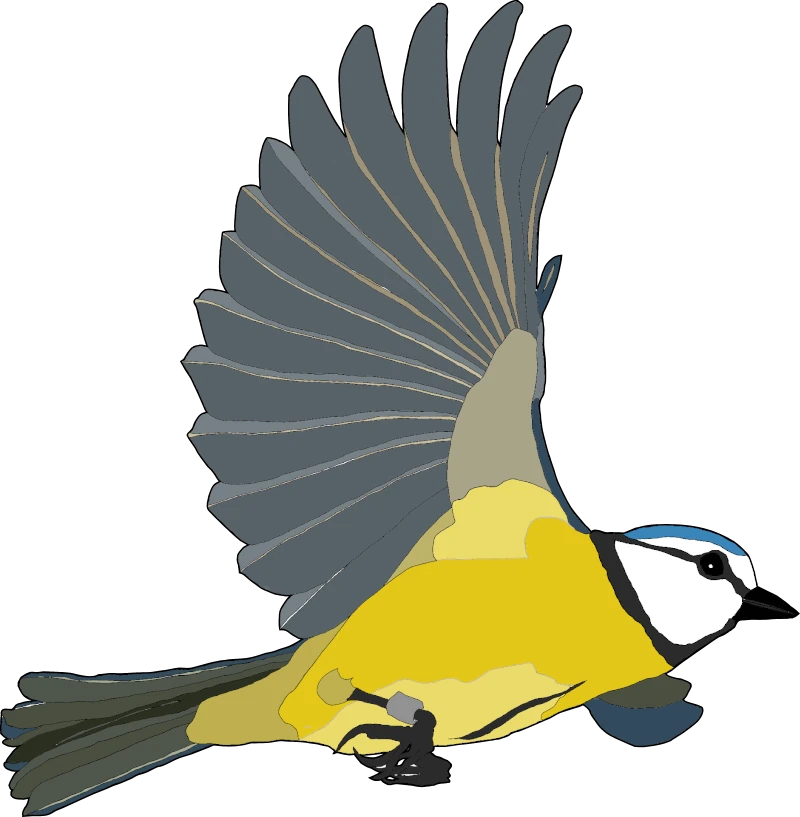Removal of older males increases extra-pair siring success of yearling males
Older males are typically much more successful at siring extra-pair offspring than yearling males. This raises the question “Why?”. Are yearling males less successful because they do not invest in extra-pair copulations or because females avoid them as copulation partners? Or are they losing out in the mating competition when adult males are present? To answer this question, we removed older males before the start of the breeding season in 2022 in a population of blue tits (Cyanistes caeruleus). This experiment resulted in a significant increase in the extra-pair siring success of yearling males compared to the preceding control years. Our study shows that young males can and do participate in extra-pair mating, but - under natural conditions – are outcompeted by older males. Low extra-pair siring success of young males is thus a social phenomenon, at least in blue tits.
(Schlicht, Gilsenan, Santema, Türk, Wittenzellner, and Kempenaers 2024)
Back to top